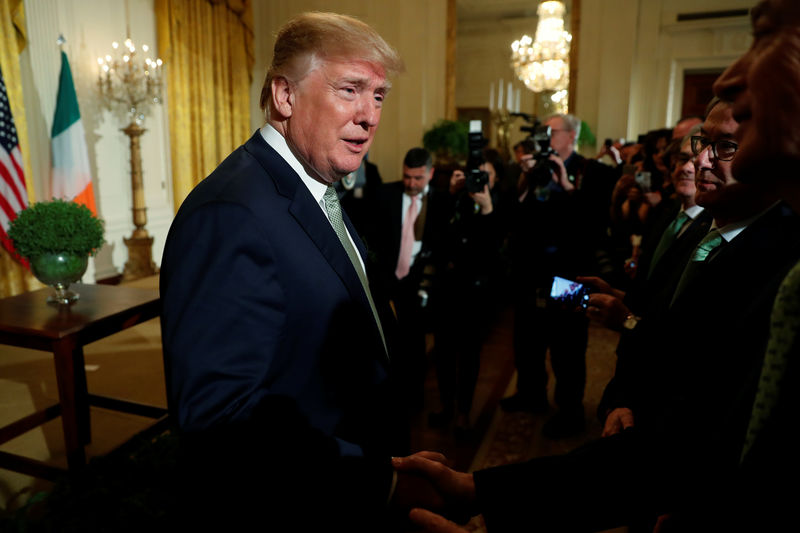WASHINGTON (Reuters) - President Donald Trump is negotiating with a number of countries over the possibility of providing exemptions to new U.S. tariffs on steel and aluminum imports, the White House said on Friday.
"He's ... working with a number of individual countries and negotiating on areas of national security where we can work together and there's some flexibility there," White House spokeswoman Sarah Sanders told reporters.
"We're continuing to have those conversations and will continue through ... the end of next week," she said.
Sanders did not provide any further details on those discussions.
Trump imposed tariffs of 25 percent on imports of steel and 10 percent for aluminum on March 8, but the tariffs will not go into effect until March 23.
While only Canada and Mexico are currently exempted from the tariffs, the White House has said other countries could also seek exemptions.
The administration has not outlined any specifics on how it will determine which countries will get relief from the trade measures.
Japan and the European Union have urged the United States to grant them exemptions, arguing that their exports were not a threat to U.S. national security.
If the European Union is not exempted, the European Commission has said that it should impose duties of 25 percent on a range of U.S. products.

The commission, which coordinates trade policy for the 28 EU members, asked for industry views on Friday on a 10-page list of products the EU may subject to tariffs including rice, orange juice, make-up and motorcycles.